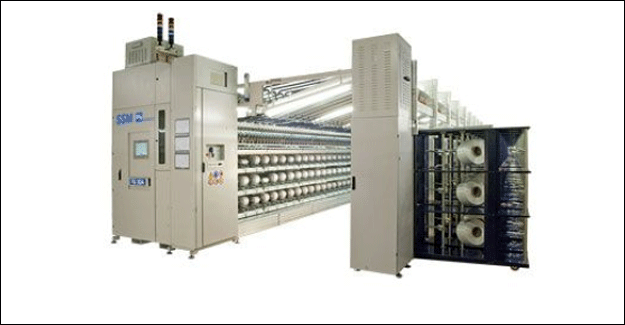Bangladesh: Infrastructure Is The Prime Concern For Development Of RMG Sector
Bangladesh: Infrastructure Is The Prime Concern For Development Of RMG Sector

What is the progress of factory inspections by Accord and Alliance?
Till date, Accord and Alliance have completed inspections of 1600 factories. They have found fault with only 12 buildings and 20 factories, that is only 2% of the inspected factories. Therefore, we don't need to be worried about this and hopefully inspection of all factories will be completed by December this year. The inspectors have suggested corrections wherever needed, and factory owners are doing the needful. We think that we will get quality seal or recommendation from Accord or Alliance, National Action Plan and ILO. In this course, all of our factories and overall Bangladesh garment industry will regain the trust of the buyers. Therefore, the growth will be more in the next year and the following years.
Within the industry too, there have been actions tarnishing the image of the industry, such as taking the issue of labour repression in front of other countries. As our commerce minister rightly believes, the solutions lie within the country, and there is no need to drag these problems in front of a global forum, using the platform of IndustriAll and such. A lot of this, you see, is a smear campaign.
This is unfortunate. Recently, workers from Tuba Fashion staged demonstrations in front of BGMEA office. Tuba Fashion is a sister concern of Tazreen Fashion Ltd, and its owner in now in jail. Thus, there are many issues, the last one year has been most challenging for the RMG sector of Bangladesh, and we have to come together to solve these various problems.
How is competition emerging for Bangladesh RMG industry?
Among the competitors, Cambodia is only into cutting and sewing, and does not have any backward linkages. We were in that stage thirty years ago. Myanmar is growing in this sector, as is Bangladesh, and we continue to be much ahead of Myanmar. We are not apprehensive of competition. We have built our capacity and we are in a better situation than India, Vietnam and Cambodia, and are 10 to 12 years ahead of them. We will continue to make progress.
However, we still lag in capacity building of the mid level management. We have been arranging regular training for managers. There is an arbitration cell for owners and labour. The industry in Bangladesh started in an unplanned way, but day by day we are moving towards professionalism.
What is your expectation from the government?
We need political stability for economic development. Infrastructural support is a priority, and both the government and the industry must work in tandem. The Dhaka-Chittagong highway is a 5-hour road journey but it usually takes 18 hours! At least two dedicated lanes are required for export and import traffic. You need roads for heavy vehicles.
These are very important for growth. We are hopeful that the government will sign an MOU for a deep-sea port. Without better infrastructural facilities it will be difficult to achieve the export target. Therefore, infrastructural facilities are the prime concern.



 textileexcellence
textileexcellence 







